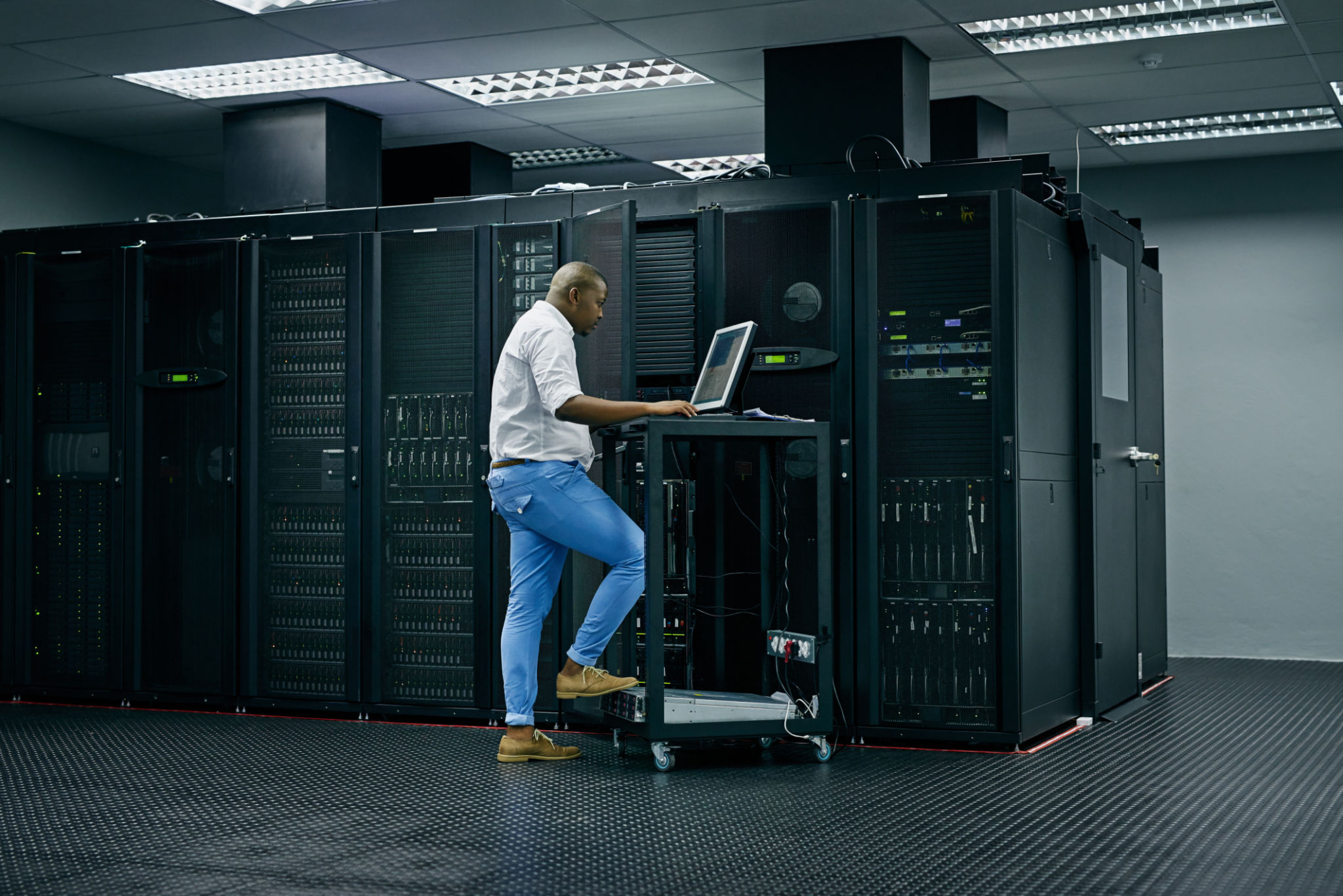Debunking Common Myths About Lab Equipment Maintenance
Introduction to Lab Equipment Maintenance Myths
Maintaining lab equipment is crucial for ensuring accurate results and prolonging the lifespan of the instruments. However, several myths surrounding lab equipment maintenance can lead to misunderstandings and potentially costly mistakes. In this blog post, we aim to debunk some of these common myths and provide clarity on best practices for maintaining your lab equipment.
Myth 1: Regular Maintenance Is Unnecessary
One of the most pervasive myths is that lab equipment doesn't require regular maintenance. Some believe that as long as the equipment is functioning, it doesn't need attention. In reality, regular maintenance is essential to prevent unexpected breakdowns and ensure accurate measurements. Routine checks can help identify potential issues before they escalate into major problems.

Myth 2: Only Specialists Can Perform Maintenance
Another common misconception is that only highly trained specialists can handle lab equipment maintenance. While it's true that complex repairs should be left to professionals, basic maintenance tasks can often be performed by trained lab personnel. Activities such as cleaning, calibration, and basic troubleshooting can usually be carried out by in-house staff with proper guidance.
Training your team on routine maintenance procedures not only saves time and money but also empowers your staff to respond quickly to minor issues. Providing regular training sessions can greatly enhance your team's ability to maintain equipment efficiently.

Myth 3: New Equipment Doesn’t Need Maintenance
It’s a common assumption that brand-new equipment doesn’t require any maintenance. In truth, even new equipment benefits from regular care. Establishing a maintenance routine from the start can ensure optimal performance and extend the lifespan of the equipment.
Implementing a preventive maintenance schedule right after installation helps in catching any early signs of wear and tear. This proactive approach can save significant costs in repairs and replacements down the line.

Myth 4: Maintenance Is Too Time-Consuming
Many labs avoid routine maintenance because they believe it will consume too much time and disrupt daily operations. However, integrating maintenance into daily workflows can lead to minimal disruption. Simple tasks like cleaning and calibration can be scheduled during low-usage periods or at the end of the day.
By making maintenance a part of regular lab activities, you can ensure that it doesn't interfere with productivity while still keeping your equipment in top condition.
Conclusion: The Importance of Dispelling Myths
Dispelling these myths about lab equipment maintenance is crucial for any laboratory seeking to optimize operations and prolong the lifespan of its instruments. By understanding the truth behind these misconceptions, labs can implement more effective maintenance strategies.
Regular training, routine checks, and a proactive approach to maintenance are key components in keeping your lab running smoothly. Embrace these practices, and you'll likely see improvements in both equipment performance and overall efficiency.